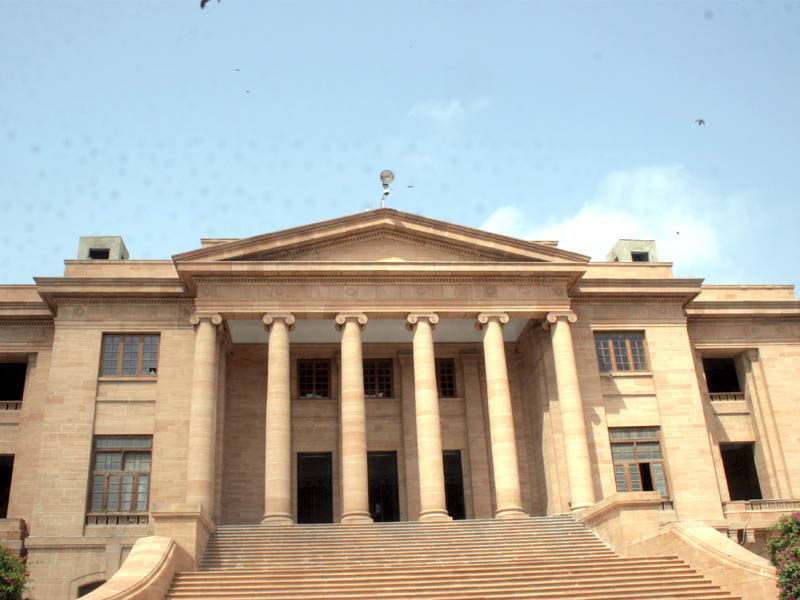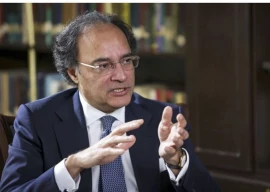
KARACHI:
More than 90 cases and 365 days later, The Express Tribune has learnt that no progress has been made on high-profile cases that were transferred to other cities and courts due to security concerns in Karachi.
Sources in the judiciary claim that this was revealed at a meeting held at the Sindh High Court (SHC) where they were discussing the progress of high-profile cases and their trials following the Supreme Court's (SC) directives to fast track terrorism cases as per the government's new policy on the war on terror.
The policy
In December 2014, the federal government ended the presidential moratorium on hanging prisoners on death row following a terrorist attack on the Army Public School in Peshawar which left more than 132 children dead.
Last week, the SC's monitoring judge for anti-terrorism courts (ATCs) in Sindh, Justice Anwar Zaheer Jamali, ordered courts to speed-up hearing and trials of nearly 200 cases of terrorism under the apex court's new policy.
On Monday, SHC's monitoring judge Justice Muhammad Ali Mazhar, held a meeting to check up on the progress made in several of the high-profile cases which were transferred to cities outside of Karachi to expedite the trials.
According to sources, no progress was made in most of the pending cases. "This was the second meeting held within a week to ensure speedy trials in the 200 militancy cases," said a judicial officer. "These cases were sorted out in line with the SC's directives."
In February last year, SHC's Chief Justice Maqbool Baqar had, on a request from the provincial home department, allowed the transfer of 92 trials, convicts and undertrial prisoners to Hyderbad, Sukkur, Shikarpur and Khairpur due to security concerns and according to provisions made in the Anti-Terrorism Act of 1997.
A source claimed that ATC judges had complained about the absence of police investigators, witnesses and the unavailability of case books, evidence or case property despite repeated requests and orders. He said that this created unnecessary hurdles and delays the progress of cases.
The plan
Sources said that Justice Mazhar had asked the home secretary to instruct the provincial police chief to ensure that police files of all these cases were sent to the respective courts at the earliest.
The police chief was also instructed to send at least two police officials, ASIs from the investigation branch, to visit the ATCs in different districts on a weekly basis to collect the summons and ensure that the investigation officers appeared for the trials on the date of hearing.
The monitoring judge also directed the police chief and home secretary to make arrangements for witnesses, who were permanent residents of Karachi, to reach courts outside the city for depositions.
ATCs were also asked to ensure that statements of all eyewitnesses were recorded.
Published in The Express Tribune, January 25th, 2015.
COMMENTS (1)
Comments are moderated and generally will be posted if they are on-topic and not abusive.
For more information, please see our Comments FAQ











































Then every one criticizes formation of " military courts ". When incompetency reaches its limit, mismanagement & governance issues creeps in. This is where we have ended up.